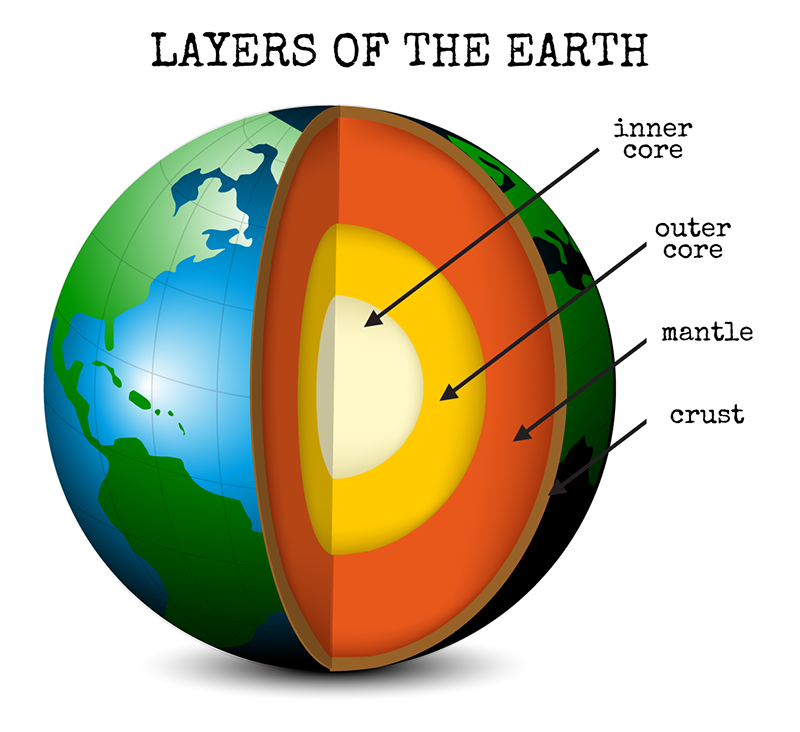Earth's formation is a captivating story that beckons us to explore the origins of our world. Understanding the intricacies of how our planet came into being is not merely a matter of scientific curiosity; it holds the key to unraveling the mysteries of. Geology Questions and Answer page, where you can find answers to a wide range of geological questions. Geology is the study of the Earth's physical and natural history, and it encompasses a broad range of topics, from the formation of rocks and minerals to the movements of tectonic plates and the evolution of life on Earth. Seismic waves are vibrations or oscillations that travel through the Earth, often as a result of sudden energy release due to geological processes. These waves play a crucial role in understanding the Earth's interior and are integral to the field of seismology, a branch of geophysics that studies earthquakes and the structure of the Earth's interior.
Seismic waves are vibrations or oscillations that travel through the Earth, often as a result of sudden energy release due to geological processes. These waves play a crucial role in understanding the Earth's interior and are integral to the field of seismology, a branch of geophysics that studies earthquakes and the structure of the Earth's interior. He also discovered the precise location of the Earth’s core and identified its elastic properties. Besides a plethora of other major contributions to seismology, Gutenberg discovered the layer between the mantle and outer core, a division that is now named after him. (For more information about the Earth’s layers, see “The ... Geology is the scientific study of the Earth, its composition, structure, processes, and history. It is a broad field that encompasses a wide range of topics related to the Earth's physical and chemical properties, its formation, and the changes it has undergone over millions of years. Geologists seek to understand the Earth's past, present, and future by examining rocks,. When sedimentation occurs in this sea, the new horizontal layers of strata terminate at the margins of the island. Eventually, as the sea rises, the islands are buried by sediment. But along the margins of the island, the sedimentary layers appear to be truncated by the unconformities. Geologists determine the age of rocks through a field of study known as geochronology, which involves various methods to quantify the timing of geological events and the rates of Earth processes. Understanding the age of rocks is crucial for reconstructing Earth's history, deciphering past environmental conditions, and unraveling the evolution of life on our.
Geology is the scientific study of the Earth, its composition, structure, processes, and history. It is a broad field that encompasses a wide range of topics related to the Earth's physical and chemical properties, its formation, and the changes it has undergone over millions of years. Geologists seek to understand the Earth's past, present, and future by examining rocks,. When sedimentation occurs in this sea, the new horizontal layers of strata terminate at the margins of the island. Eventually, as the sea rises, the islands are buried by sediment. But along the margins of the island, the sedimentary layers appear to be truncated by the unconformities. Geologists determine the age of rocks through a field of study known as geochronology, which involves various methods to quantify the timing of geological events and the rates of Earth processes. Understanding the age of rocks is crucial for reconstructing Earth's history, deciphering past environmental conditions, and unraveling the evolution of life on our. Stratigraphy is the study of rock layers and the layering of rocks. Stratigraphy is an important field because it helps us understand the Earth's history and the processes that have shaped its surface. Stratigraphers use a variety of techniques, including field observations, mapping, and laboratory analyses, to study the characteristics of rock layers and the.
